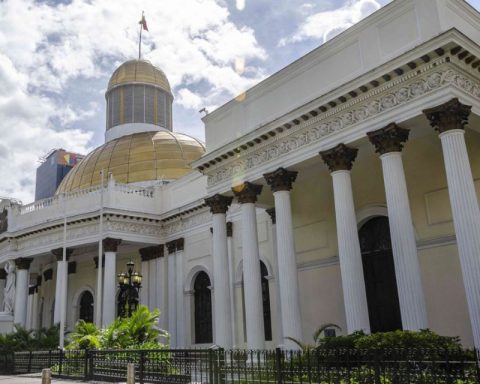The Superintendence of Financial Services of the Central Bank of Uruguay (BCU) resolved this Monday, July 25 “instruct Send Money and Edward Palencia to cease providing the operations he performs (…) through the use of cryptocurrencies for the transfer of funds” for not having the “required authorization” to carry out this activity. The communication from the regulator is signed by the Superintendent of Financial Services, Juan Pedro Cantera.
The BCU has on the agenda to send to the Executive Branch a draft law, in order to generate greater certainty and security in the operations that are generated with these virtual assets in the local market. These proposals will then be sent to Parliament for debate.
The regulatory proposal prepared by the BCU “will be complementary” with initiatives by legislators in this field and “contemplates aspects” proposed by FATF (International Financial Action Task Force), which aim at “the prevention of money laundering.” One of the objectives is to introduce certain definitions and aspects related to digital assets into the regulations to shed light on a complex issue that worries the world.
In this line, it is necessary differentiate the cryptoactive terms (or digital assets) of cryptocurrencies, according to a study prepared by the institution itself in December 2021. While the crypto assets are all those electronic representations used as means of payment, the cryptocurrencies are a type of digital assets, whose main function is fulfill the functions of money. In this case, Bitcoin is the best known.
On the other hand, the red senator Carmen Sanguinetti and the nationalist John Sartori They are also promoting a bill that aims to regulate cryptocurrencies in Uruguay. El Salvador, Spain, Switzerland, Australia, the United Kingdom, Singapore, China, Hong Kong, Thailand and the United States are some of the countries that have already regulated this issue.
















